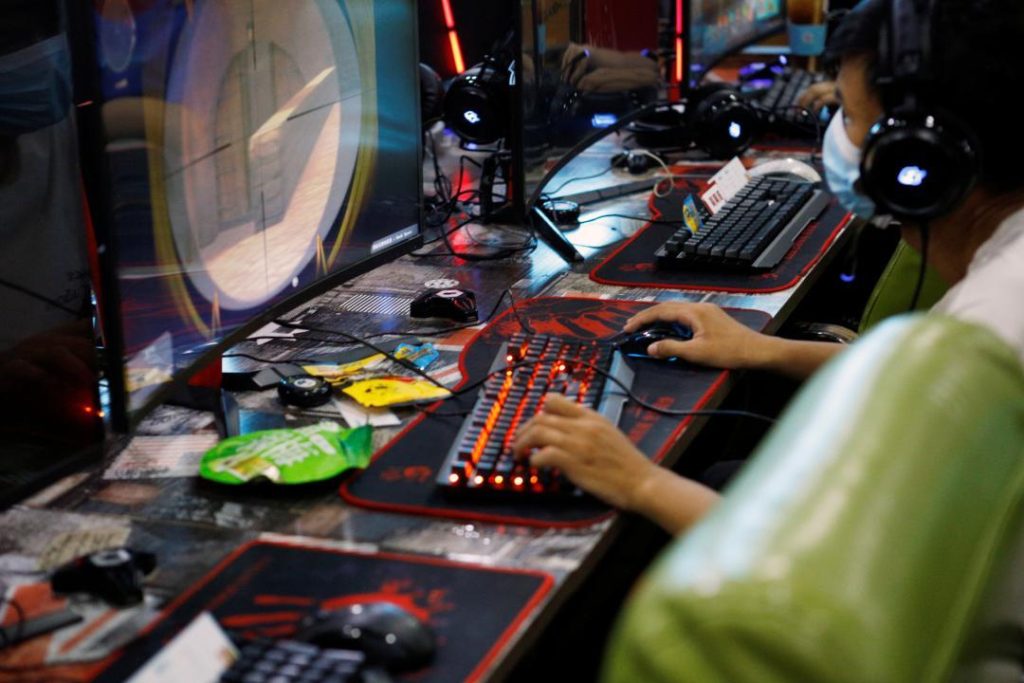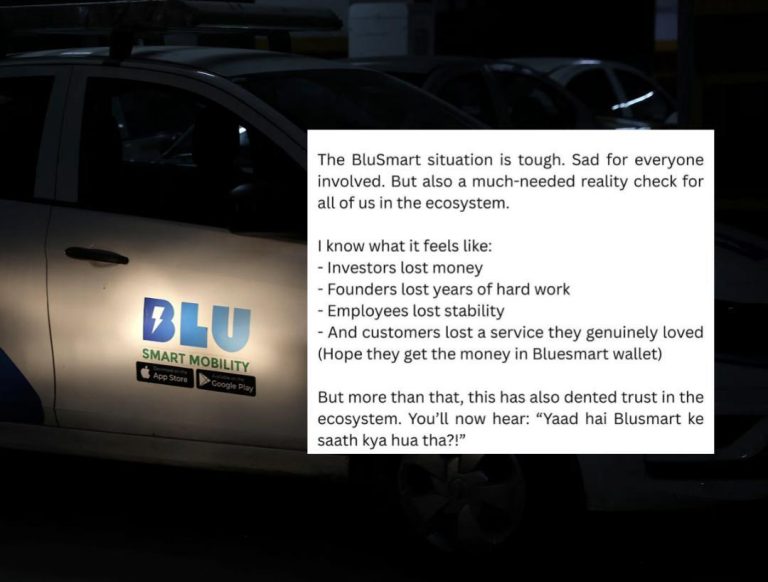
Man Gets ‘Virtually Slapped’ 4,800 Times with Eggs & Sandals, Sues Gaming Firm in China
In a bizarre lawsuit, a Chinese man has taken to the courts, claiming that a popular multiplayer game, ‘Three Kingdoms Kill Online’, has left him depressed and seeking compensation. The reason for his distress? According to the plaintiff, he has been “virtually slapped” a staggering 4,800 times in just six months by other players who were frustrated with his winning streak.
The game, developed by Chinese company, NetEase, allows players to interact with each other in a virtual environment, complete with various forms of combat and social interaction. However, in this case, the player’s success on the battlefield appears to have backfired, as his opponents took out their frustration on him in a most unusual way.
According to the lawsuit, players would use virtual eggs and sandals to strike the plaintiff, with the blows visible to all players in the game. The plaintiff claims that this constant “slapping” took a toll on his mental health, causing him to develop depression and damaged his self-esteem.
The lawsuit, filed in the Shanghai Court, seeks compensation for the emotional distress caused by the game. The plaintiff is seeking 50,000 yuan (approximately $7,200 USD) in damages, as well as a court order to force the game developers to take measures to prevent similar incidents in the future.
The lawsuit has sparked a heated debate in China about the impact of gaming on mental health, with many experts weighing in on the issue. Some have argued that the game’s developers have a responsibility to ensure that their game is safe and enjoyable for all players, while others have defended the game, saying that it is simply a form of entertainment and that players should be aware of the potential consequences of their actions.
This is not the first time that gaming has been linked to mental health issues. In recent years, there have been numerous reports of gamers experiencing depression, anxiety, and addiction as a result of their gaming habits. However, this case is unusual in that it involves a specific game mechanic, rather than a general issue with gaming itself.
The plaintiff’s lawyer has argued that the game’s design is inherently flawed, stating that “the game’s virtual reality function allows players to see and interact with each other in a way that is not possible in real life. This has led to a culture of bullying and harassment, with some players using the game as a way to vent their frustrations on others.”
The lawsuit has also raised questions about the responsibility of game developers to ensure that their games are safe for all players. In this case, the plaintiff is seeking damages not just for the emotional distress caused by the game, but also for the “loss of reputation” and “harm to his self-esteem”.
As the case continues to unfold, it will be interesting to see how the court rules on the plaintiff’s claims. Will the game developers be found liable for the emotional distress caused by their game, or will they argue that the plaintiff should have been aware of the potential consequences of playing the game?
One thing is certain, however: this case highlights the importance of responsible gaming and the need for game developers to consider the potential impact of their games on players’ mental health.
Source:






